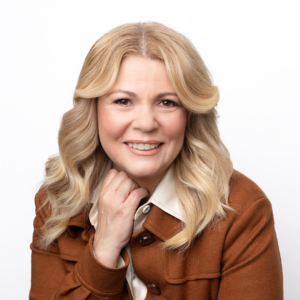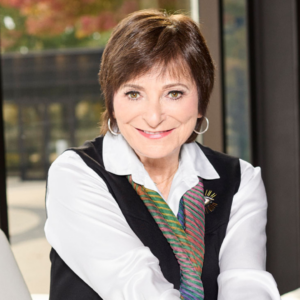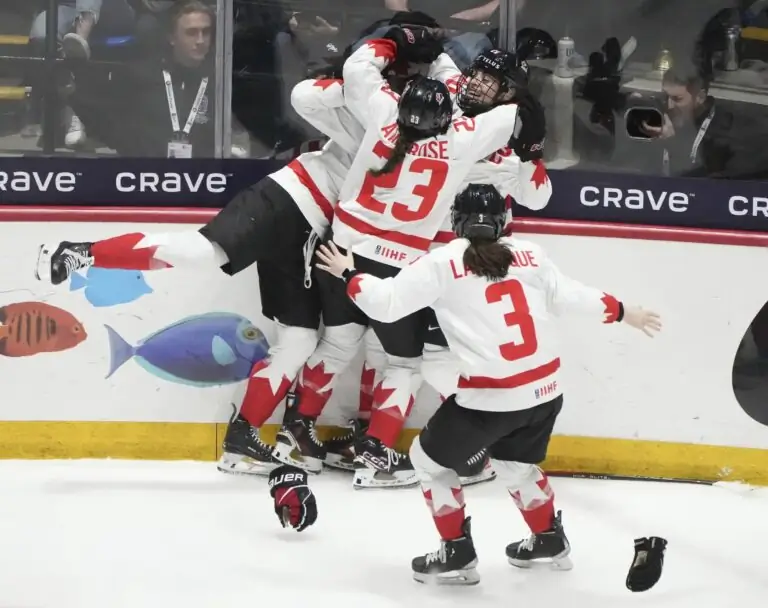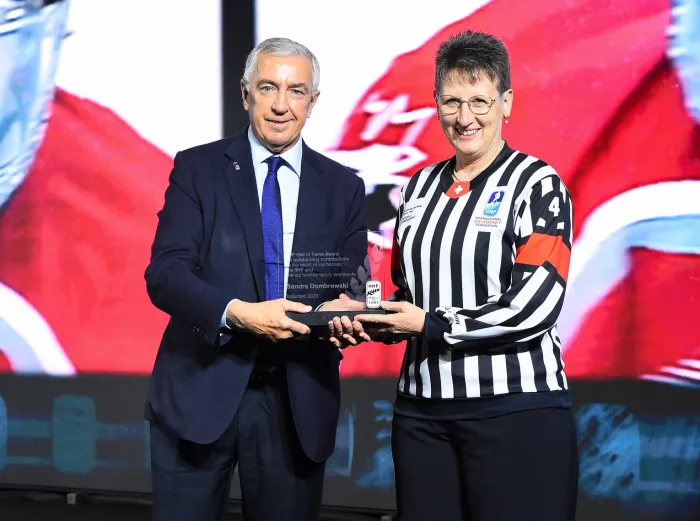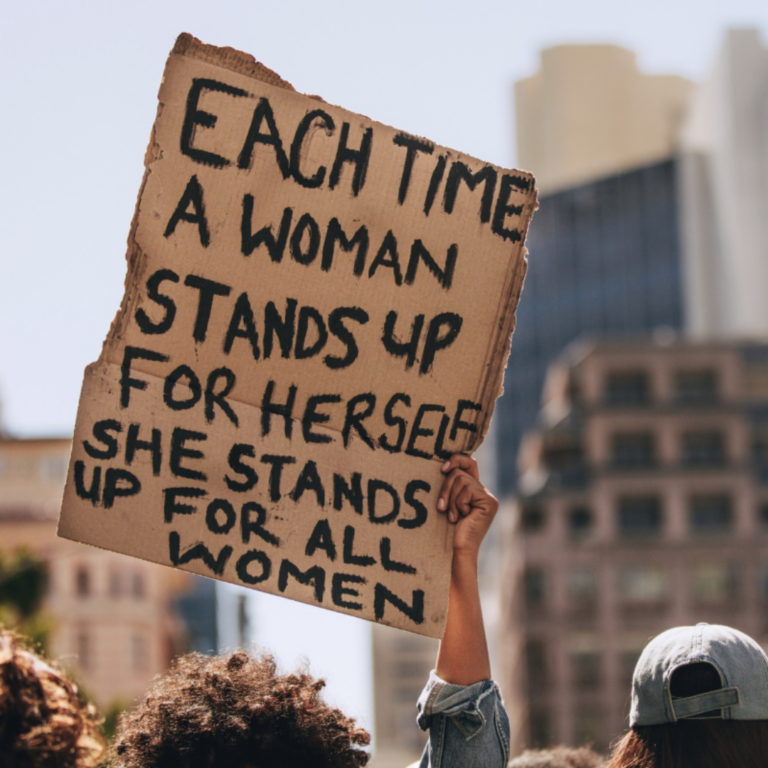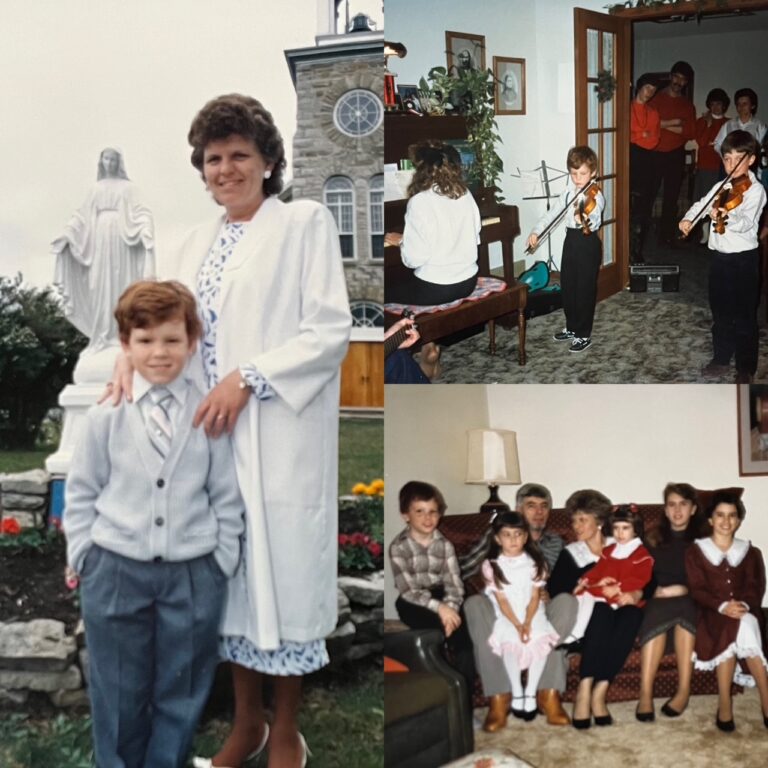Marnie McBean – Olympic champion, Team Canada’s Chef de Mission for the Tokyo Summer Olympics
Marnie McBean is a three-time Olympic champion, a three-time World Champion, and a member of the Canadian Olympic Hall of Fame and Canada’s Sports Hall of Fame. Now, Marnie has a big new job as Team Canada’s Chef de Mission for the Tokyo Summer Olympics, and she joins Jen and Catherine to offer her humorous, candid, and inspirational take on her remarkable athletic career, and how she’s feeling about the Olympic journey she’s about to lead. At the end of 2023, Marnie McBean was appointed to the Senate of Canada.
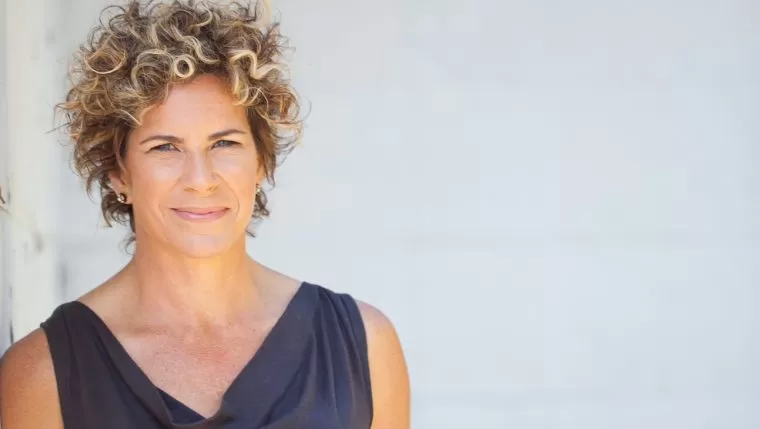
The impact of the pandemic on the Tokyo Olympics
Catherine Clark: What have the past few months been like for you?
Marnie McBean: The pandemic has been like this weird Groundhog Day for everyone. We’re 100 days till the Olympic Games are finished. Normally, this would be such an incredibly exciting time, competitions worldwide, we are now making team announcements regularly. I created my own word to add to the Olympic motto which is citius, altius, fortius … but adaptius has been the path to get us here.
Jennifer Stewart: What were your emotions like last year when you put so much effort into the Games and they were postponed?
Marnie McBean: It was scary because I knew my emotional attachment to the Games, and an athlete’s emotional, psychological commitment to the Games. As you say, I was an athlete in two Games — I went to three Games as an athlete, but you don’t get credit for it if you don’t start. In my third Olympic Games in Australia, I was the single sculler for Canada and I had to withdraw just weeks before the Games after pre-Games training camp.
So, in going through the process where athletes couldn’t compete here, I knew what they were losing. My emotions at the time were a deep recognition of the sorrow that that would cause, but also, now that the Chef de Mission role is head of delegation, I’m bit like a parent to all of them. There was also an understanding that the decision we were making was the right one. We wanted to give Team Canada athletes and coaches a clear understanding of their next steps. We knew very little about the virus in March 2020, so we needed to give people permission to shut it down. It was emotional. We tried to get to the athletes as fast as possible, saying, “We’re not trying to keep the Olympics away from you. We’re trying to keep you healthy.” It was tough.
Recovering from a back injury
Jennifer Stewart: Your back injury was difficult too. Can you talk to us about what that injury meant for you?
Marnie McBean: I went to my first Olympics and was part of an incredible team, and we won two Olympic gold medals. My second Olympics, it was harder and my rowing partner, Kathleen, and I, won the women’s double. So we got our third gold medal, and we got a bronze. And then, for my third Olympics, I was a single sculler. I’d had success on the World Cup stage and I’d had this incredible career — in approaching my third Olympics, I’d won everything but an Olympic medal in an individual race.
My back went out, I had two discs ruptured in my lower back, and the decision-making was precisely what I was describing about the Olympic decision-making for the COVID postponement decision. I knew I had an opportunity to try extreme measures, like cortisone shots, so I could compete, but I knew from examples around the world that it could be somewhat catastrophic for later in life.
I was 32 and still thinking I wanted to have a family at some point. And I want to be able to play physically with my daughter, as I do now, to be able to lift her; I want to be able to be strong, and not have a life-lasting back injury.
So, I had the luxury of knowing I didn’t have to try for extreme measures, because I had this big pile of medals at home and it wasn’t going to change my story. Because that wasn’t my one and only moment, it allowed me to make sane decision-making. I have never been good at being helped, but the life lesson I got from that injury was recognizing how kind people can be if you let them — include people in the process because they enjoy helping and contributing as much as I do.
Marnie’s inspirational speaking
Jennifer Stewart: You mentor a lot of people. You’ve written a book, The Power of More. What message do you try to impart to people when you’re speaking with them? How do you try to inspire them?
Marnie McBean: The whole point of what I do when mentoring people is trying to normalize the path that ambition takes us on. Ambition occurs when we have hard goals. Some days, we’ll have great days, some are good, and some days are hard. And you’ll think, “Who set this goal? This is crazy.” The fear and doubt that you have on some days is normal.
The presence of fear and doubt doesn’t mean you’re on the wrong path; it often means that you’re on the right path, and you have a really healthy, hard goal. There’s no joy in achieving mediocre goals, and easy days are often boring days.
I talk about stress. I think stress and anxiety are different things, but stress only occurs when you care about something; if you don’t care about it, you won’t be stressed about it. Whether that’s quantity or quality, as soon as you assign meaning to something, there’s going to be stress and that’s okay.
There are no superheroes out there. Success is achieved by “normal,” — people who have issues, people who have problems, people who are time-stressed.
Marnie McBean
This idea that success happens to other people or success happens to special people, there’s no such thing. There’s just people who are going out there and figuring it out, figuring out how to close the gap between here and there one little bit at a time.
Coping with the death of teammate, Kathleen Heddle
Jennifer Stewart: Your decade-long Olympic rowing partner, Kathleen Heddle, lost her battle with cancer this year. How has that impacted you?
Marnie McBean: Here’s my Star Wars reference, but she’s like my Obi Wan — she’s always in my head. Kathleen was, by far, the most capable and the strongest rower Canada has ever produced.
Like a total idiot, for the longest time I was actively trying to get a different rowing partner because Kathleen was an introvert — calm and quiet — and I was ambitious and an extrovert and thought that competitive aggression only shows up in the way I show it. So I kept trying to get her to be competitive and aggressive like me, and that wasn’t working for a long time. Eventually, I was blessed in that I figured out that Kathleen was extraordinarily talented and she was extraordinarily wise. I just started learning from her.
Not only was Kathleen the port to my starboard for an incredible rowing career, and I learned a lot from her about being a good rower, I learned more about being a good person, being a good partner in my personal relationships and my relationship with my wife, my relationship with other people, and, as an extrovert, my relationships with almost all introverts.
Jennifer Stewart: Would she have any fear or trepidation, or do you, travelling to Tokyo given the fact that we’re still in a very serious global pandemic?
Marnie McBean: Kathleen’s was very practical. So, she’d be like, “Well, no, I’m just going to stay in my room anyways, and I’m just going to be rowing and I’ll keep to myself.” She would know that we’d worked hard for this, and then she would believe in the plan.
I don’t have fear taking our team in. We have an incredibly talented, professional group at the Canadian Olympic Committee who have been working on the plan to go to Tokyo. We have a solid plan to take the team to Tokyo, which exists differently than it did 15 months ago because we have a greater understanding of the virus, how it’s transmitted, and how we keep ourselves safe.
(Note: This transcript has been edited for length and clarity.)

